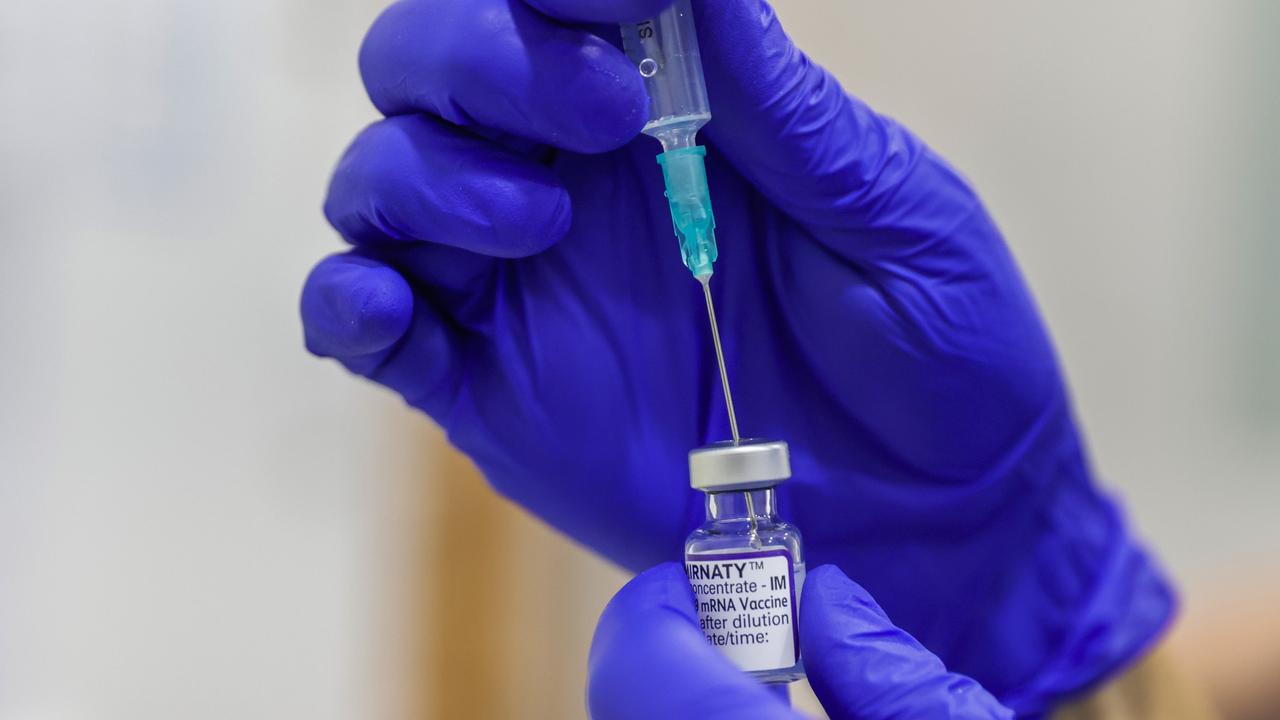COVID-19 vaccines: Your coronavirus questions answered
In March, Australia will roll out three vaccines for COVID-19 and there is lots of misinformation out there. Here is a comprehensive list of questions answered by an expert.
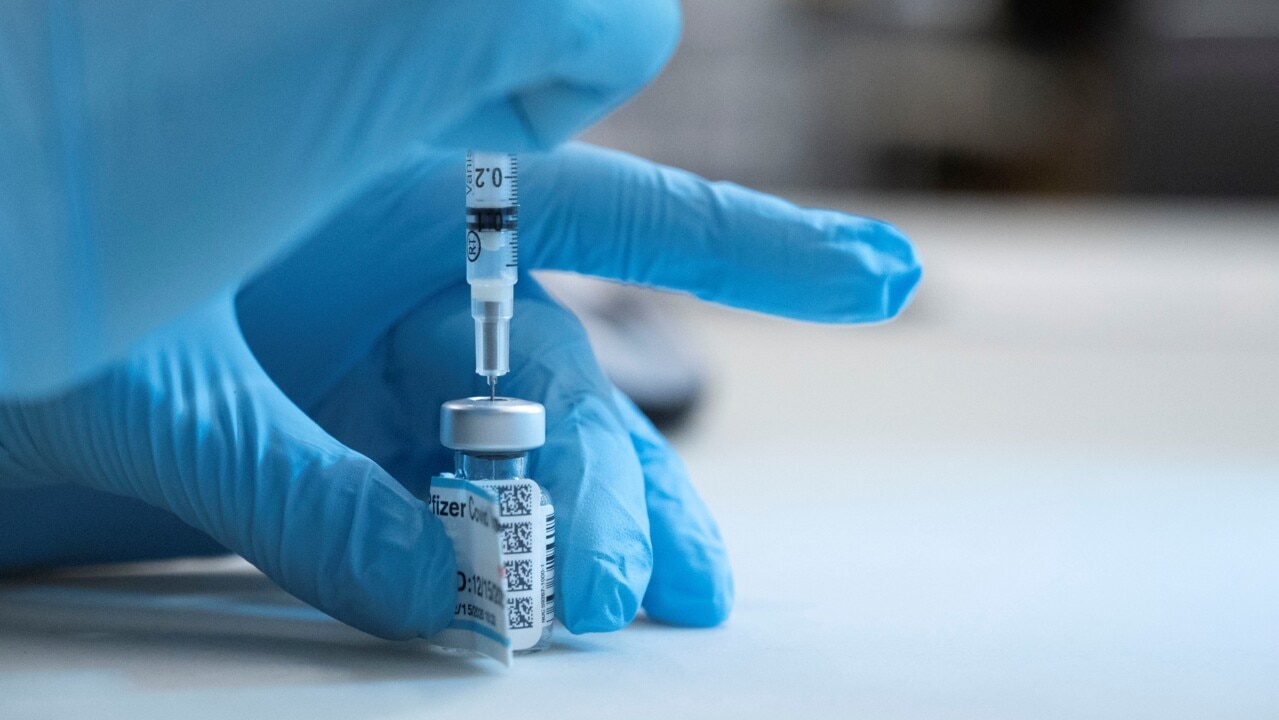
NSW Coronavirus News
Don't miss out on the headlines from NSW Coronavirus News. Followed categories will be added to My News.
Social media is full of misinformation about the COVID-19 vaccines.
In March, Australia will roll out at least three different types of vaccine, including ones from Oxford University/AstraZeneca, Pfizer/BioNTech and Novavax.
To counter the lies, we asked Professor Terry Nolan, head of the Vaccine and Immunisation Research Group at the Doherty Institute, to answer the most common questions.
How does the Oxford University/AstraZeneca vaccine work?
It uses a common virus to act like a Trojan horse to deliver RNA into cells where the cell will then produce a spike protein similar to the coronavirus structure, fooling the immune system into thinking that it is being attacked by the real virus, so it develops antibodies.
When confronted with the real virus it will produce an immune response to destroy it.

How does the Pfizer mRNA vaccine work?
The Pfizer vaccine introduces mRNA in a fat droplet to protect it and that fat droplet allows the cell to absorb the mRNA into the immune cells. Those human immune cells then produce the protein, so the mRNA is like a recipe on how to make the protein.
It tells the cell to make this protein, the coronavirus spike protein, so the immune system sees this protein and thinks it is being infected and it produces an immune response.
Can mRNA change your DNA?
No, the mRNA vaccines have nothing to do with DNA.
How does the Novavax vaccine work?
Novavax produces a version of the coronavirus spike protein. In this case we make the protein, inject that protein and the immune system recognises this foreign protein and thinks it is being infected but it isn’t, it just incites the immune system to produce an antibody.
That is a more conventional vaccine similar to Gardasil (cervical cancer vaccine).
How thorough have the trials been?
The Pfizer vaccine involved about 44,000 subjects. Oxford/AstraZeneca has three different studies — one in the UK has 12,000 subjects, one in Brazil is being trialled on 10,000 people and another in the US on 30,000 is still recruiting.
There was a death in Brazil study, unfortunately that individual was randomly selected to receive the control (the saline placebo) and not the study vaccine. He died of coronavirus.
Of all the trials underway, there have been a few deaths but they have been explained by other factors and not related to the vaccine.
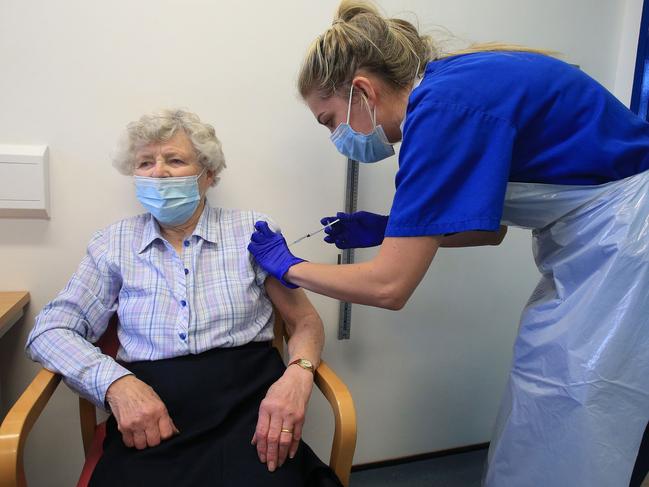
Will the vaccine protect me from getting the coronavirus?
It won’t necessarily stop you getting the virus, even though you may not know you have been infected. We are waiting to see more data whether the vaccine protects against getting the infection.
The ideal is, if you have been vaccinated, you are not only protected from getting disease but protected from giving the virus to someone else.
Will the vaccines create herd immunity?
If the vaccines do end up preventing transmission, when enough of the population is immunised it will create herd immunity, meaning there will be enough immunity in the population so that those individuals who are not immunised will end up being protected because the virus won’t be circulating.
Probably two out of three people need to be immune before you see herd immunity.
If I’ve already had the coronavirus do I need the vaccine?
Probably not, if you have had a positive coronavirus test. If you are not sure, then get vaccinated. With natural infection immunity, we don’t know how long that is going to last, the virus hasn’t been around long enough to know the answer to that.
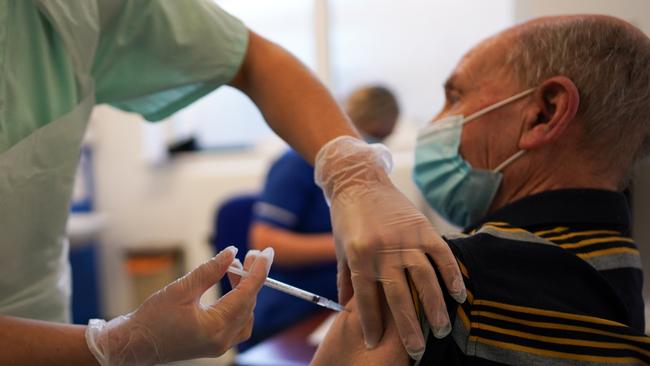
What if I am pregnant?
Until we have some data on pregnant women, probably pregnant women should not be vaccinated.
What if I am breastfeeding?
There is no reason to believe there would be a problem with a breastfed infant and it is likely a breastfeeding mother would pass on antibodies to potentially protect the infant. There is no reason for the breastfeeding mother not to be immunised.
What if I have allergies?
People with severe allergies are excluded from trials. In the UK there were two individuals (with a history of severe allergies) who had not anaphylaxis but an anaphylactoid reaction, which is a mild allergic reaction.
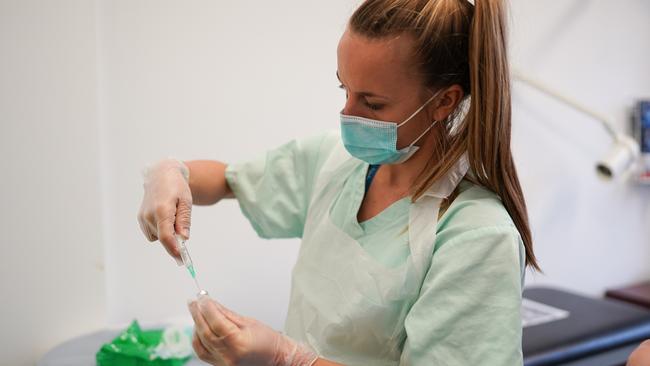
The UK government has now recommended individuals like that should not be vaccinated because we don’t know enough yet about whether the risk of severe anaphylactic reaction will be greater than the risk of them getting COVID.
What if I have HIV or I am immune-compromised?
No, until we have data on those who have immune deficiency generally, the recommendation would be not to immunise people.
Historically it takes years to develop vaccines, so have these vaccines been rushed?
The development has been unprecedented but that speed has been achieved by doing a whole lot of things at the same time. Clinical trials overlapping phase one with phase two and then phase three studies rather than waiting for them all to finish and spend three months analysing the data before moving onto the next step.
Will I still need to socially distance?
Until we know if the vaccine prevents transmission or just prevents infection, my guess is yes. In the Pfizer trial of 44,000, four people got Bell’s palsy, is that coincidence or cause?
The rate of Bell’s palsy is not uncommon (15–30 cases per 100,000 population).
In the general population, things will occur that would have occurred anyway, but if they occur the day after someone was vaccinated just by chance, of course some people will claim it was caused by the vaccine.




